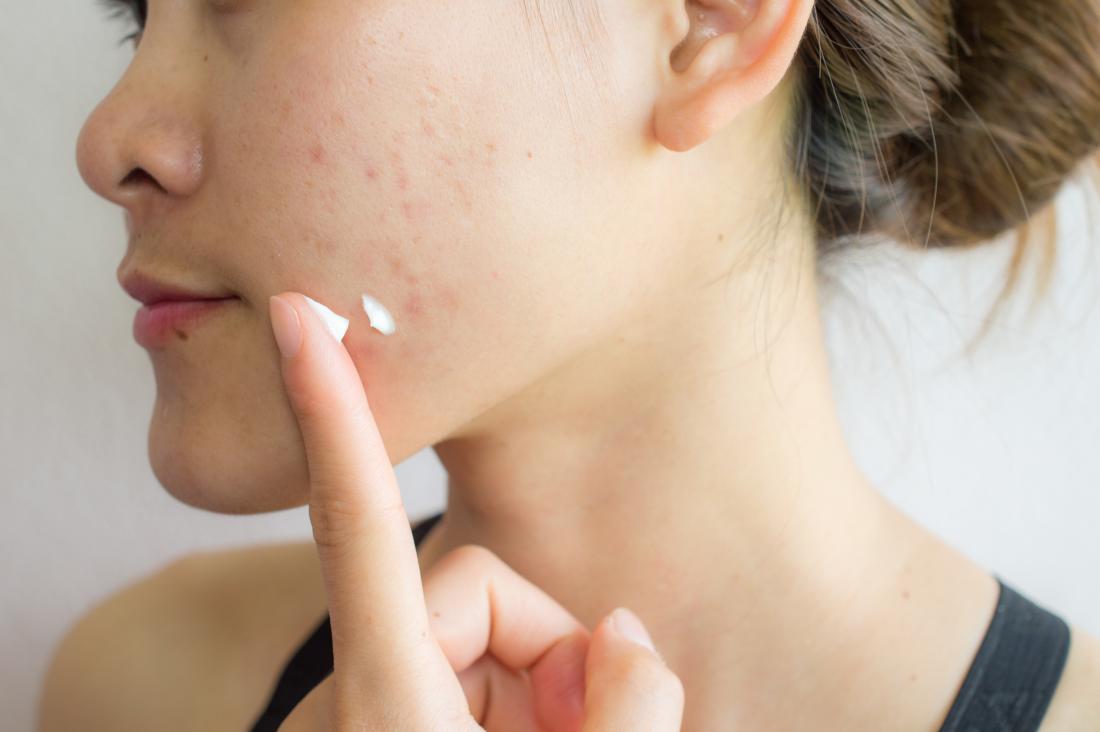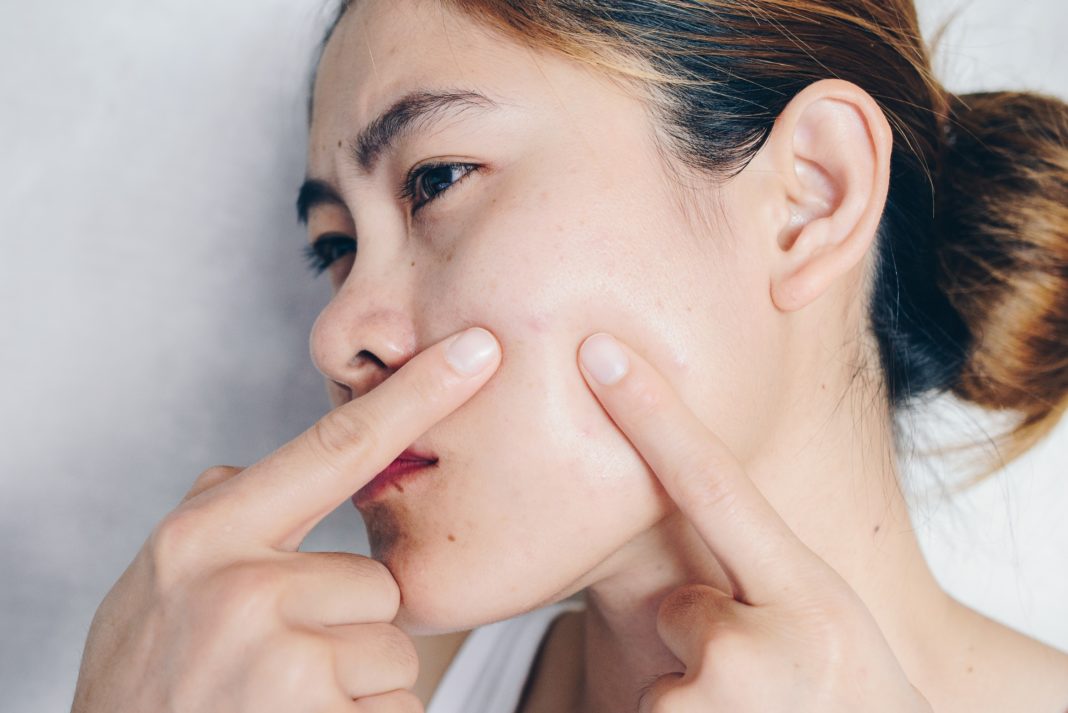Contents
It is hard to overcome the temptation to pop a pimple. It literally looks you in the face almost asking to be popped. So then, of course, you can’t stop thinking about it.
Well, whether you’re thinking about popping that pesky balloon, or you’ve already done it, we’ve got some help next.
If you have popped a pimple, keep reading and find out what to do so that you can keep the possible after-effects at bay, such as scarring or a pimple that looks much worse.

Overview
If you have a hormonal imbalance in the body, acne occurs. Some changes in your hormones cause more oil to be released by the glands than usual, causing the pores of your skin to become obstructed, allowing bacteria to expand.
You know why this is happening, but we all know it’s not going to stop there. If you have tried to take matters into your own hands and become impatient, you will understand that acne leaves scars will occur after a breakout.
They’re not going to go away quickly, and they’re causing damage to your skin. Typically, they’re red or brown with an irregular, trenched texture. There’s no fixed time for how long they last, although usually, it’s several weeks.
You can try lots of home remedies, and you can take preventive steps to speed things up. Finally, you have to be careful.
The Dangers of Popping a Pimple
There can be immediate and long-term impacts of popping, which is why most dermatologists warn against popping. Some of the possible drawbacks of a pimple squeeze can include:
- Scarring from acne – The pressure caused by popping the pimple can damage the underlying skin and lead to scarring.
- Hyperpigmentation – Compared to your surrounding skin, it’s likely that popping a blemish will lead to inflammation that causes hyperpigmentation or discoloration.
- Infection – Popping a pimple will render the area more susceptible to bacterial invasion. This leads to a red spot, hot to the touch, often dripping pus.
- Worsening the stain – A popped pimple will come back with a vengeance occasionally. It’s going to look angrier, redder, and more visible than before, which is certainly not the purpose.
What to Do After You Popped a Pimple?
Now it is time for some damage repair to be performed. To avoid further infection and scarring, you should use the following methods.
To treat your pimple scar, here are some steps you can follow.
- Wash your hands thoroughly with an antibacterial cleaner.
- Using clean hands or a clean cotton swab, apply an antibiotic ointment, such as Bacitracin. Clean your hands after the cream has been applied, too.
- Apply a forward-moving antibacterial spot treatment such as tea tree oil. This will help combat bacteria while optimally reducing inflammation. Instead, continue applying ointment if the scar is scaly.
- Continue your safe skin habits, such as regularly washing your face and using treatments to prevent pimples or those from moisturizing the skin as required.
Use Pimple Patches
Purchasing thin pimple patches transparent patches that you can put over pimples is an alternative to tea tree oil.
To treat acne and minimize inflammation, pimple patches are medicated and help prevent you from picking on the pimple again.
Hyaluronic acid, niacinamide, salicylic acid are used in pimple patches.
Other Options
As they need more intense procedures than over-the-counter alternatives, acne scar treatments are best done with careful attention and care from your dermatologist.
The drawback is that treatments appear to be costly. If you’re not ready to make a dent in your savings realize that you’re not alone in your acne scar fight. You can also learn to feel much more relaxed around them just by reframing your way of thinking.
If you feel a pimple rearing its ugly head, the same day you call your derm, a steroid shot can be administered, and the procedure is speedy.
It not only decreases the inflammation of an established zit immediately, but cortisone can make thick scars (keloids) look smoother and flatter as well.

Conclusion
If you do plan to pop, it can help to mitigate the damage by applying antibacterial ointments or spot treatments. See a dermatologist if the pimple remains, or you have difficulty managing it with over-the-counter therapies.
They will help decide which (if any) pimples need to show up and prescribe drugs that could help. While acne treatments can take time to prove successful, it is a better idea than popping.
